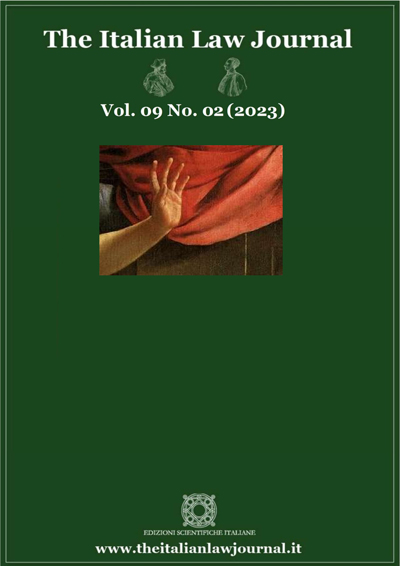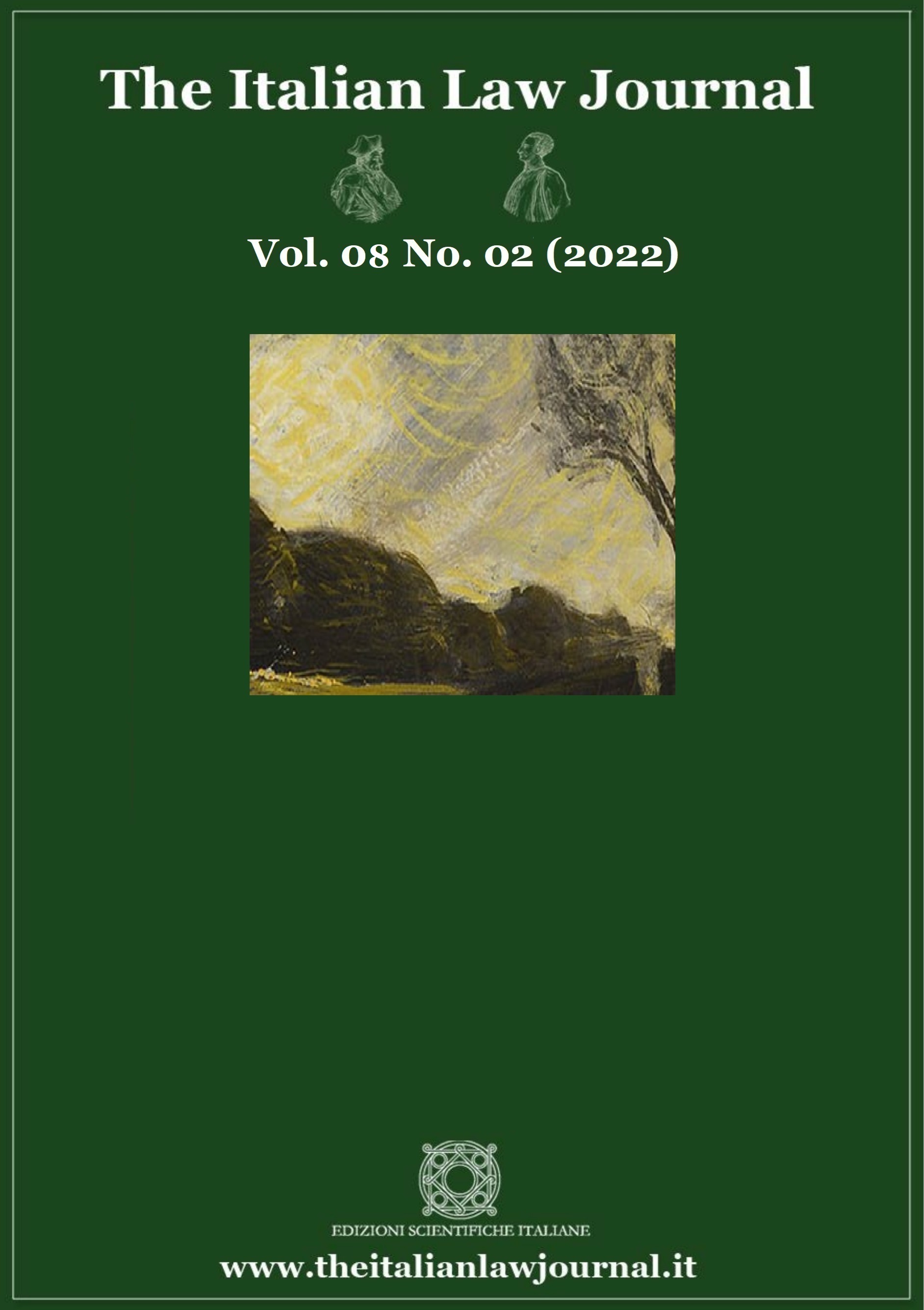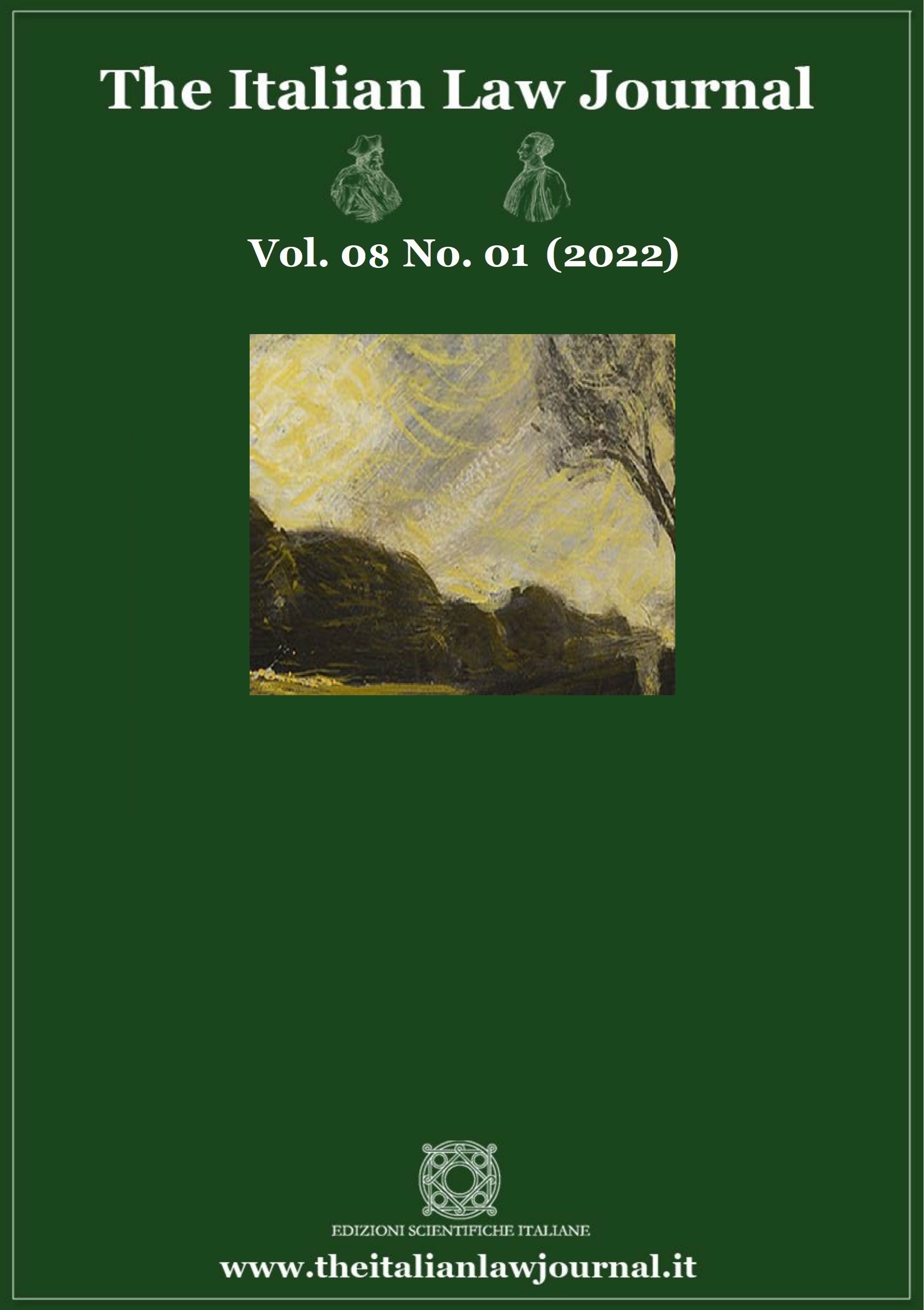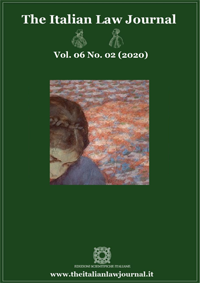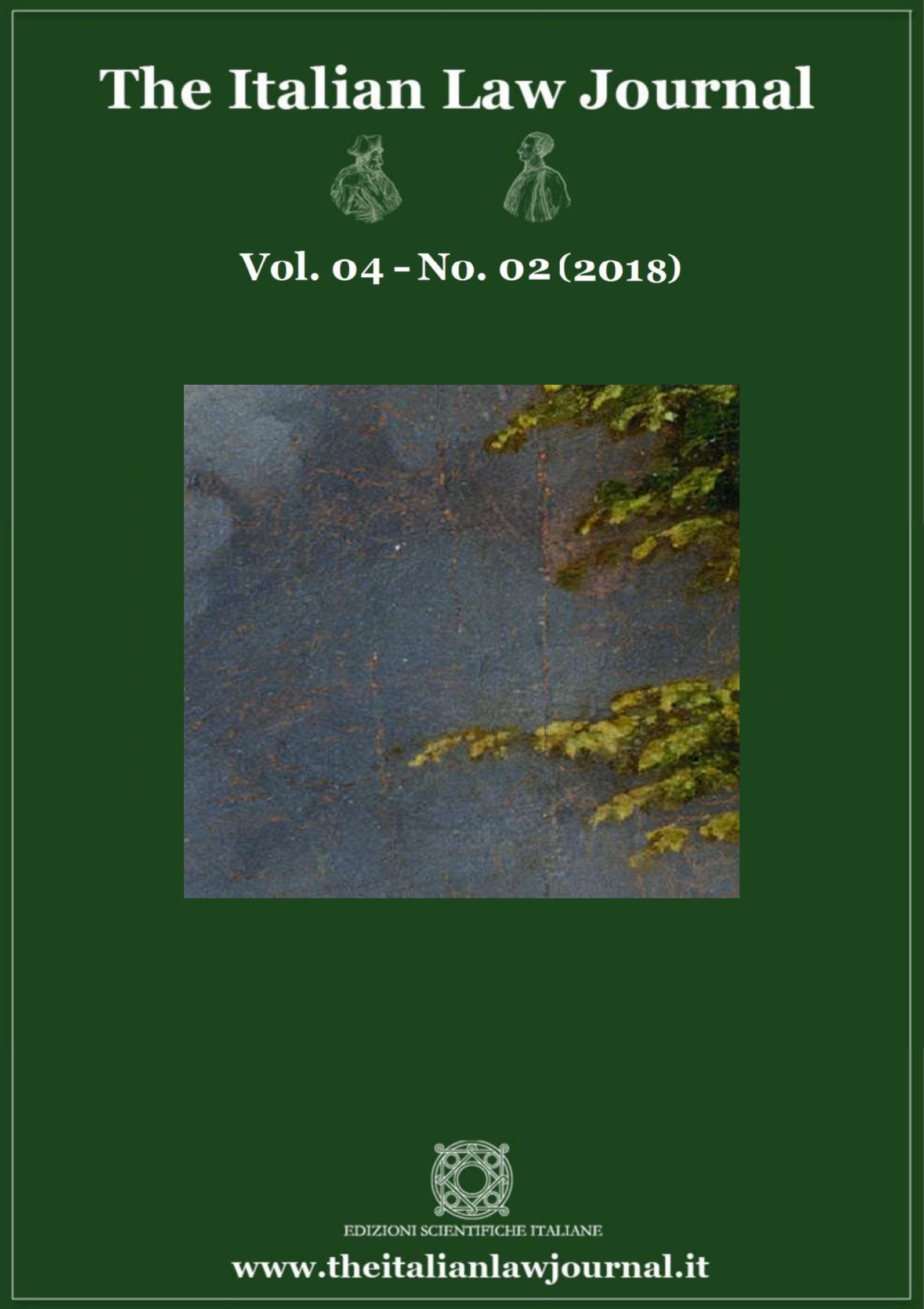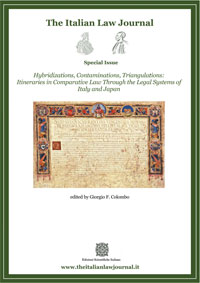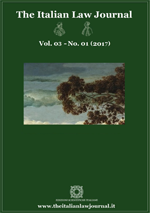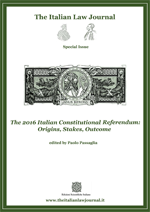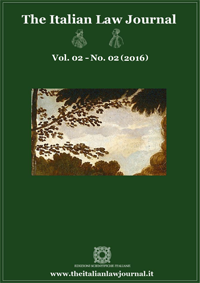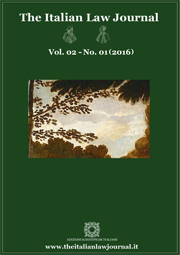4 THE ITALIAN LAW JOURNAL NO. 2 (2018) State-Appointed Directors, Related-Party Transactions and Corporate Opportunities in ‘Open’ State-Owned Companies by Monica M. Cossu State shareholding in Italy has features which are linked both to the quantitative significance of the phenomenon and to the fact that special powers of appointment and removal of directors and members of the board of statutory auditors may be entrusted to the state as well as other public entities, such as municipalities, by means of the articles of association. These special powers have no equal in other legal systems. Among these powers, the power of appointment of directors is the most significant because the particular relationship between the nominating public authority and the director appointed by it may result in a significant influence on the company’s interests. In ‘closed’ public limited companies special powers of direct appointment may be entrusted to the state-shareholder in a proportional manner to the size of its shareholding. In state-owned companies listed on the stock exchange, who resort to the risk capital market (so-called ‘open companies’), the powers of appointment must be incorporated into non-equity financial instruments or in a ‘particular class of shares’. DOI 10.23815/2421-2156.ITALJ ISSN 2421-2156
However, Art 2380-bis of the Italian Civil Code binds all directors to pursue the lucrative interests as the only ‘company’s interests’ common to all shareholders, and confines the public interest among the ‘extra-social interests’; therefore state-appointed directors cannot pursue them.
This complex plot of relationships cannot be solely entrusted to the regulation of the conflict of interests, which is designed to govern occasional disagreements between the company’s interests and the interests of its directors.
For this reason, as in all European countries, Italian law regulates the particular relationship that some parties called ‘related parties’ (such as executive directors and the majority shareholder who has the power to appoint directors) maintain with the company (with the particularity that Italian law provides for specific rules on related parties transactions only for listed companies and companies that resort to the risk capital market).
This essay is a first consideration on the topic of the state and other public entities which have the power to appoint directors as the main and most authoritative ‘related parties’ of the ‘open’ state-owned companies, which would require a more in-depth investigation.








